We’ve all been there, standing in front of a box of old stuff, trying to figure out what to do with it. Donating our unwanted items usually sounds like the best idea for stuff we don’t want, but this isn’t always the case. If your items are in poor condition, outdated, or simply too impractical, then it can cause more hassle for charities when you donate.
So, before you load up your car and head to the donation center, here’s a list of 20 things you might want to rethink.
Broken Electronics
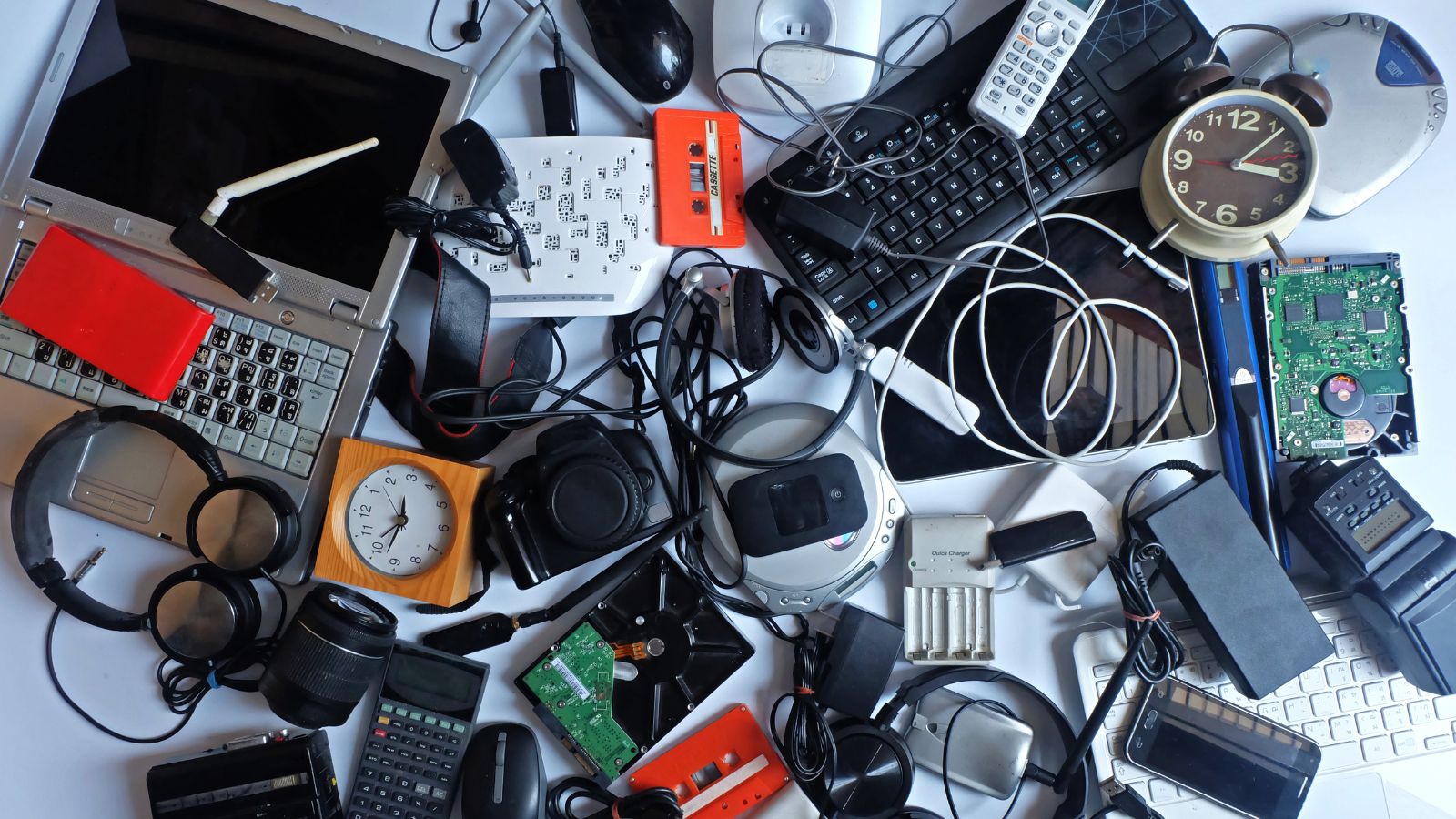
Let’s start with those old TVs, laptops, or phones that no longer work. If they’re broken, they’re not doing anyone any good, and donation centers don’t have the time or resources to fix them, so they usually end up in the trash anyway.
Instead of donating broken electronics, look into local e-waste recycling programs. They’ll dispose of your old gadgets responsibly and save someone else the headache of dealing with your broken tech.
Stained or Torn Clothing

Clothing donations are always a great idea, but not if the items are in bad shape. If something has holes, stains, or smells that just won’t come out, it’s better to skip the donation pile. Charities want to provide items that people can actually wear and use, and your paint-stained T-shirt probably won’t make the cut.
Expired Food
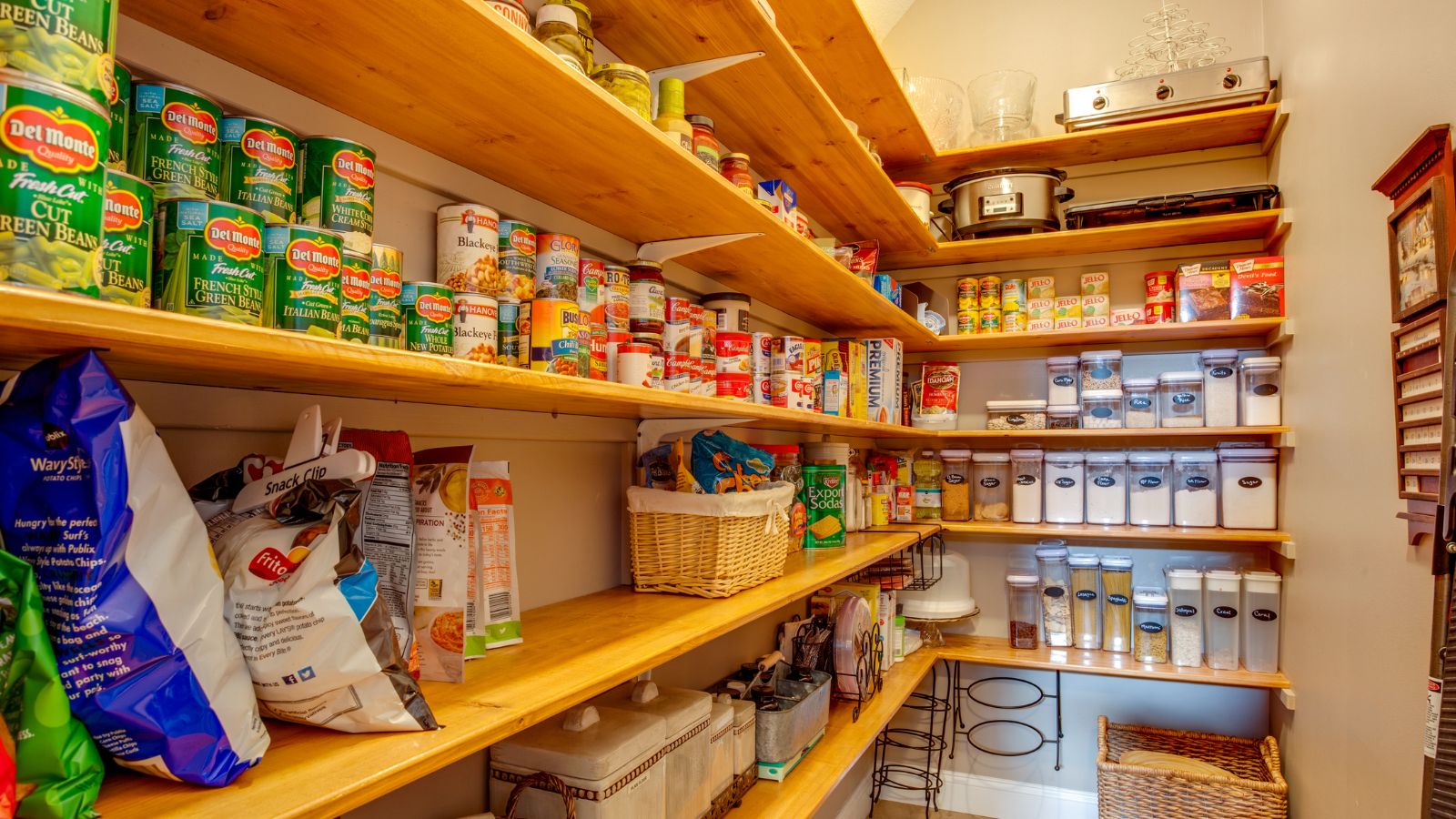
Nobody wants a can of soup that expired five years ago, no matter how nice your intentions are. Food banks work hard to provide safe, fresh items to people in need, and expired food doesn’t fit the bill. Even if it’s just a little past its expiration date, it’s better to toss it than risk donating something that could make someone sick. It’s always better to double-check before you donate food to make sure it’s still good to go.
Outdated Technology
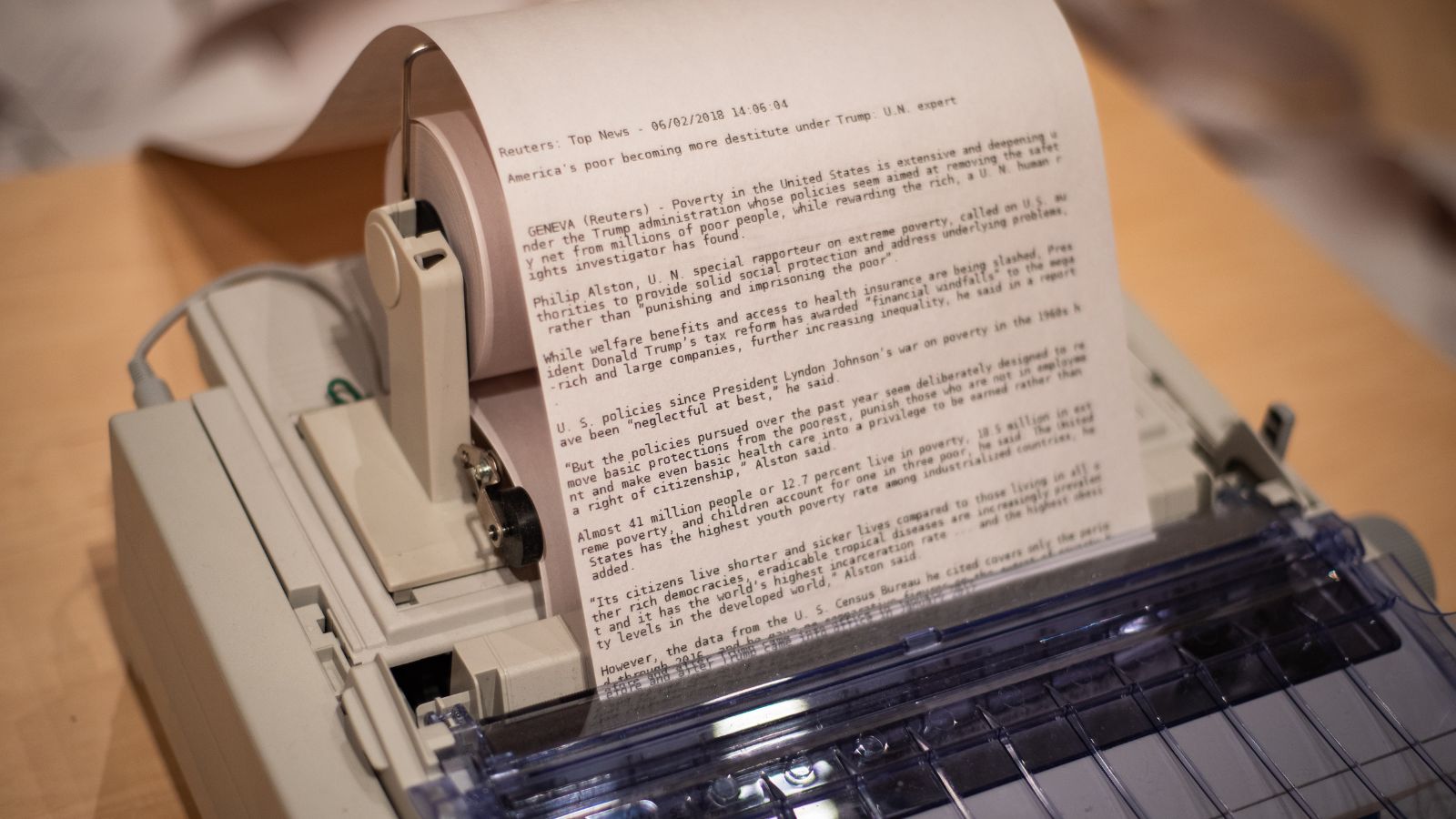
Old computers, printers, and phones that are still working might seem like a great donation, but technology moves fast. If your item is more than a few years old, it might already be outdated and not very useful.
Many organizations don’t have the resources to upgrade or maintain older tech, and chances are, the person receiving it will have a hard time making it work.
Old Mattresses

Mattresses are one of those things you just shouldn’t donate; even if yours looks fine, it could be harboring dust mites, bed bugs, or allergens that you don’t even know about. Plus, most donation centers don’t accept them due to strict health and safety regulations. Should you need to get rid of an old mattress, check for local recycling programs or bulk trash pickup services.
Used Undergarments
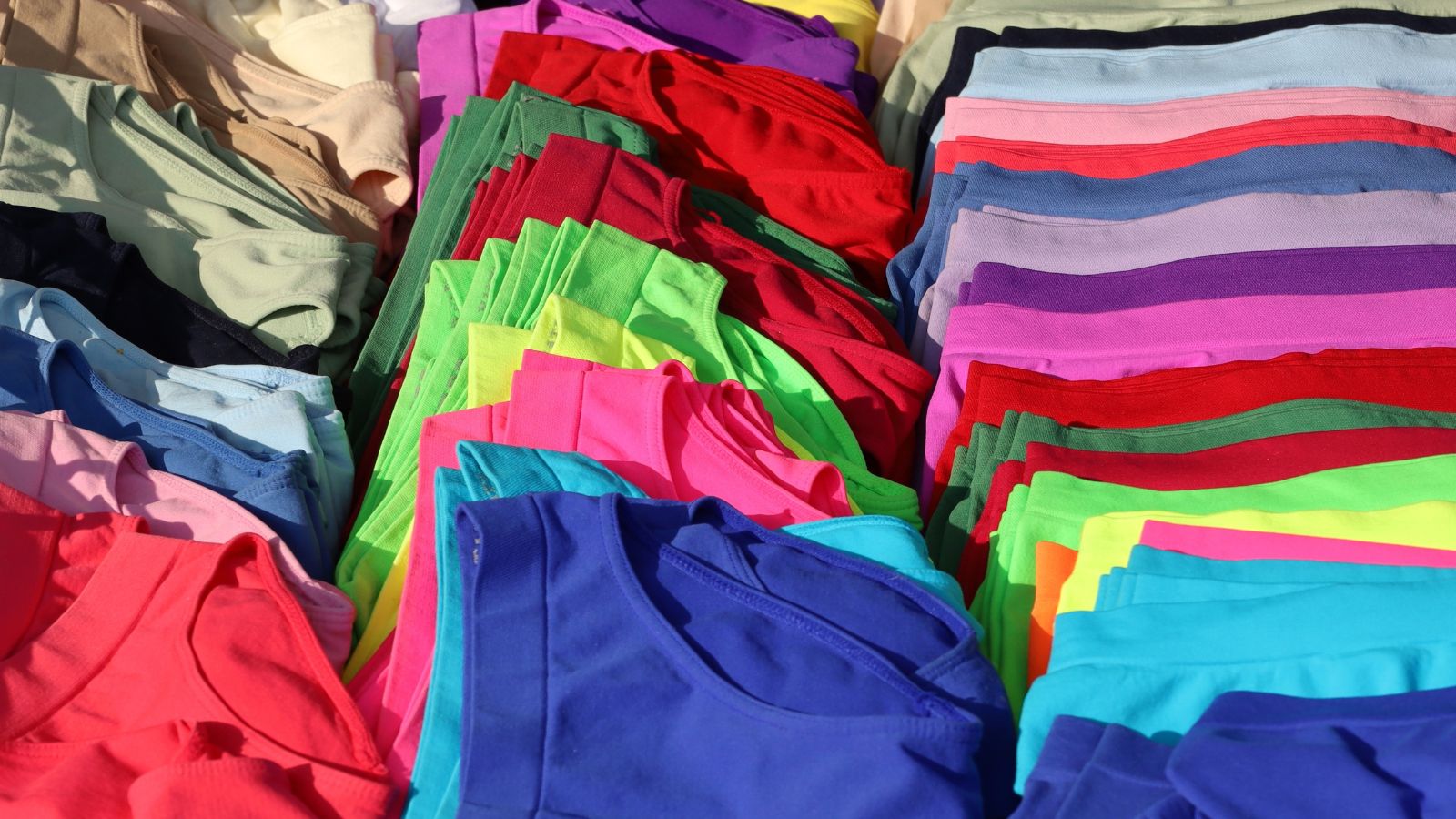
This one might seem obvious, but it’s worth mentioning, as no one wants your old underwear. Even if it’s clean, used undergarments are considered unhygienic and aren’t accepted by most donation centers. The same goes for old socks with holes or bras that have lost their shape. If you have new or gently used bras, some organizations, like ones supporting women in need, might accept them, but otherwise, it’s best to toss these items.
Damaged Furniture
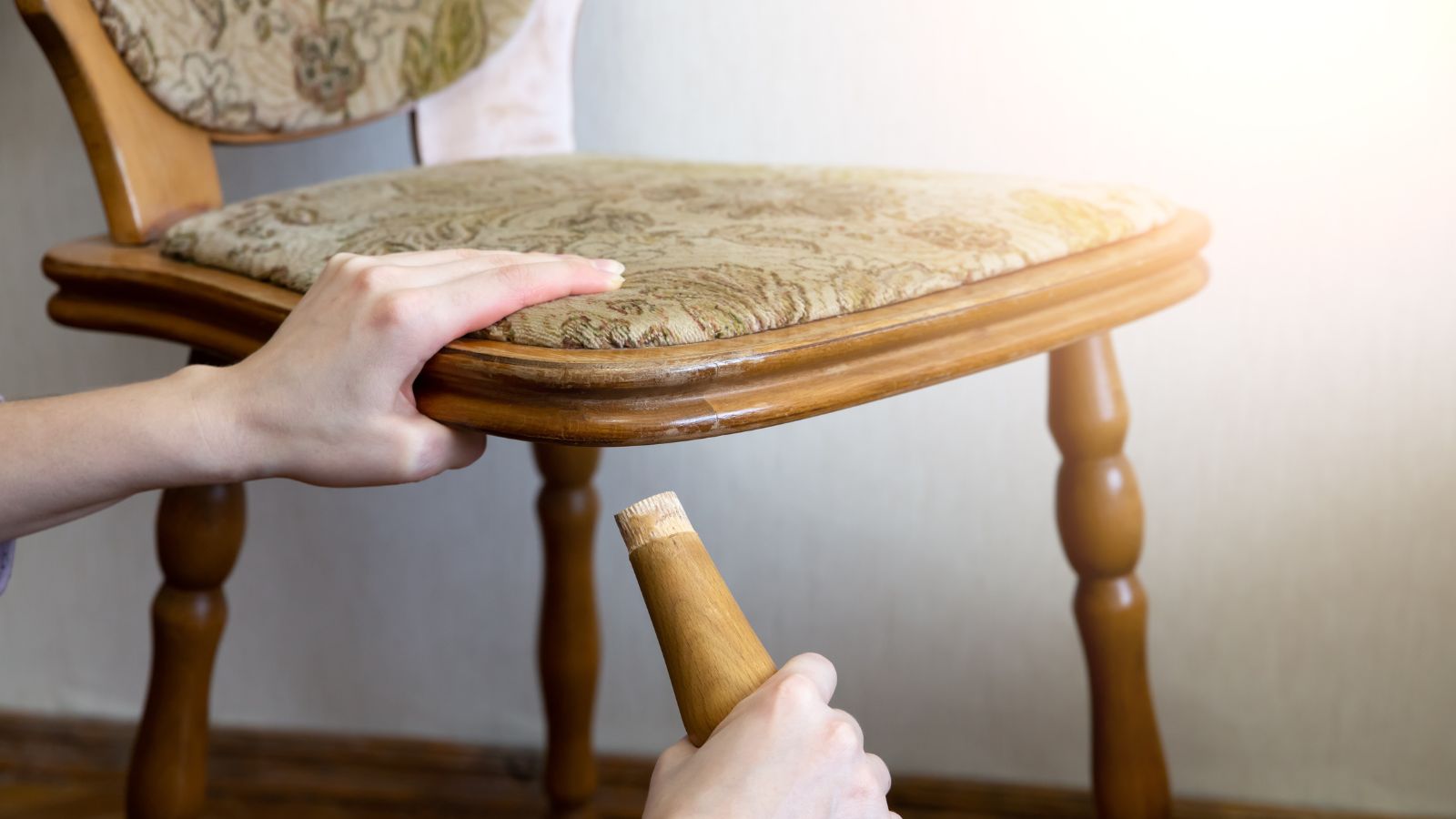
That old couch with the sagging cushions or the wobbly dining table might seem like something someone could use, but most donation centers won’t accept furniture that’s in bad shape. They simply don’t have the resources to repair it, and nobody wants a piece of furniture that’s falling apart.
On the other hand, if it’s in decent condition but you’re not sure where to donate, look into local shelters or organizations that help families furnish their homes.
Opened Toiletries

Think twice before tossing half-used bottles of shampoo or lotion into your donation box. Most organizations won’t accept opened toiletries for hygiene reasons, and honestly, would you want to use something that’s already been opened? It’s better to keep unopened items for donation and find another use for the rest, like finishing them yourself or repurposing them for cleaning.
Old Baby Gear

Baby items like cribs, car seats, and strollers might seem like great donations, but safety standards change all the time. What was considered safe a few years ago might now be outdated or even recalled. Most donation centers won’t accept these items for liability reasons, so it’s better to double-check before donating.
Textbooks and Encyclopedias
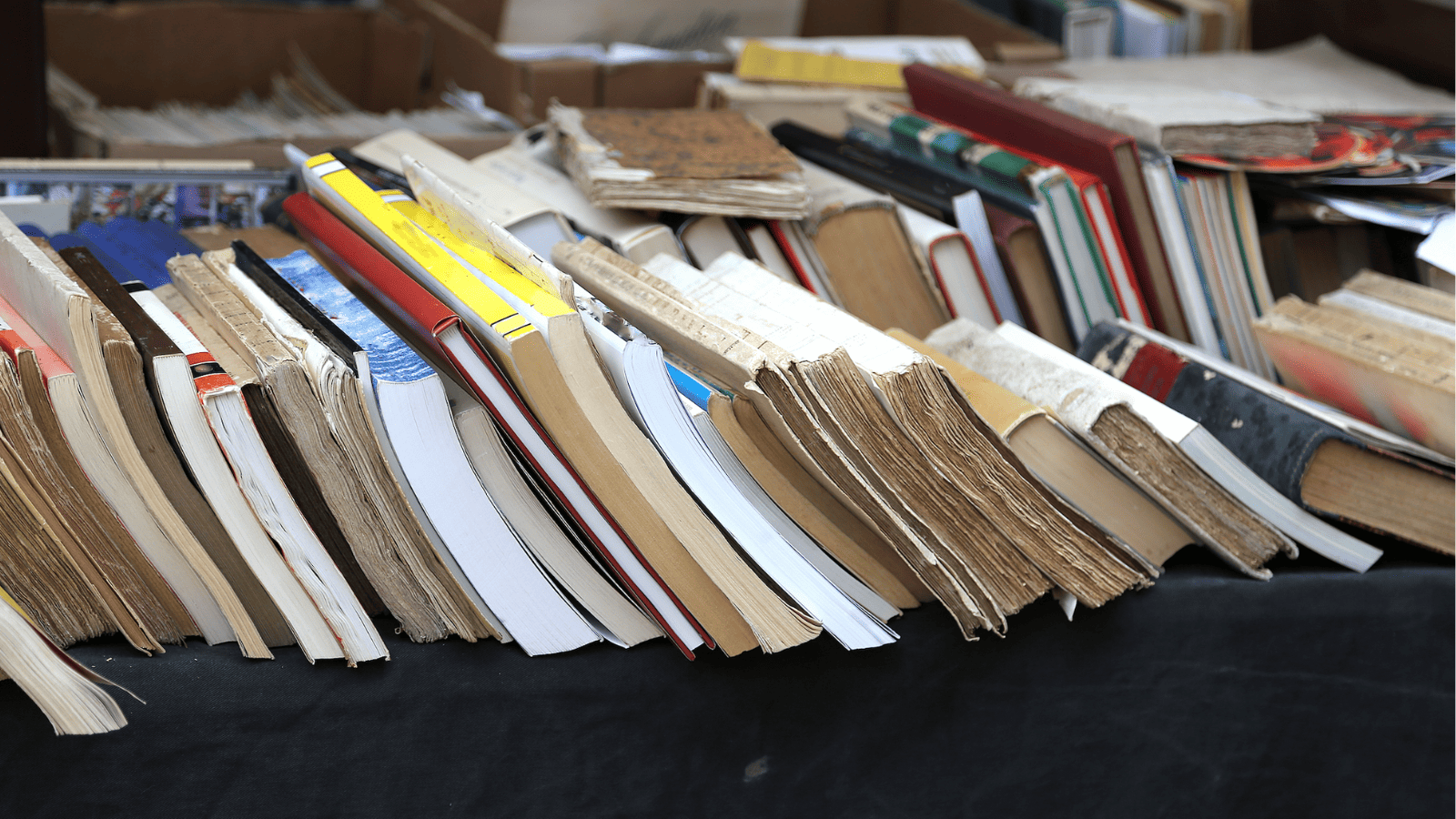
Books are always a thoughtful donation, but not all of them are useful. Old textbooks and encyclopedias, for example, are often outdated and take up a lot of space at donation centers. Most people these days turn to the internet for information, making those heavy books pretty much obsolete.
For any textbooks lying around, check if there’s a program that specializes in recycling or reselling them, and consider upcycling encyclopedias into craft projects.
Cracked Dishes and Glassware
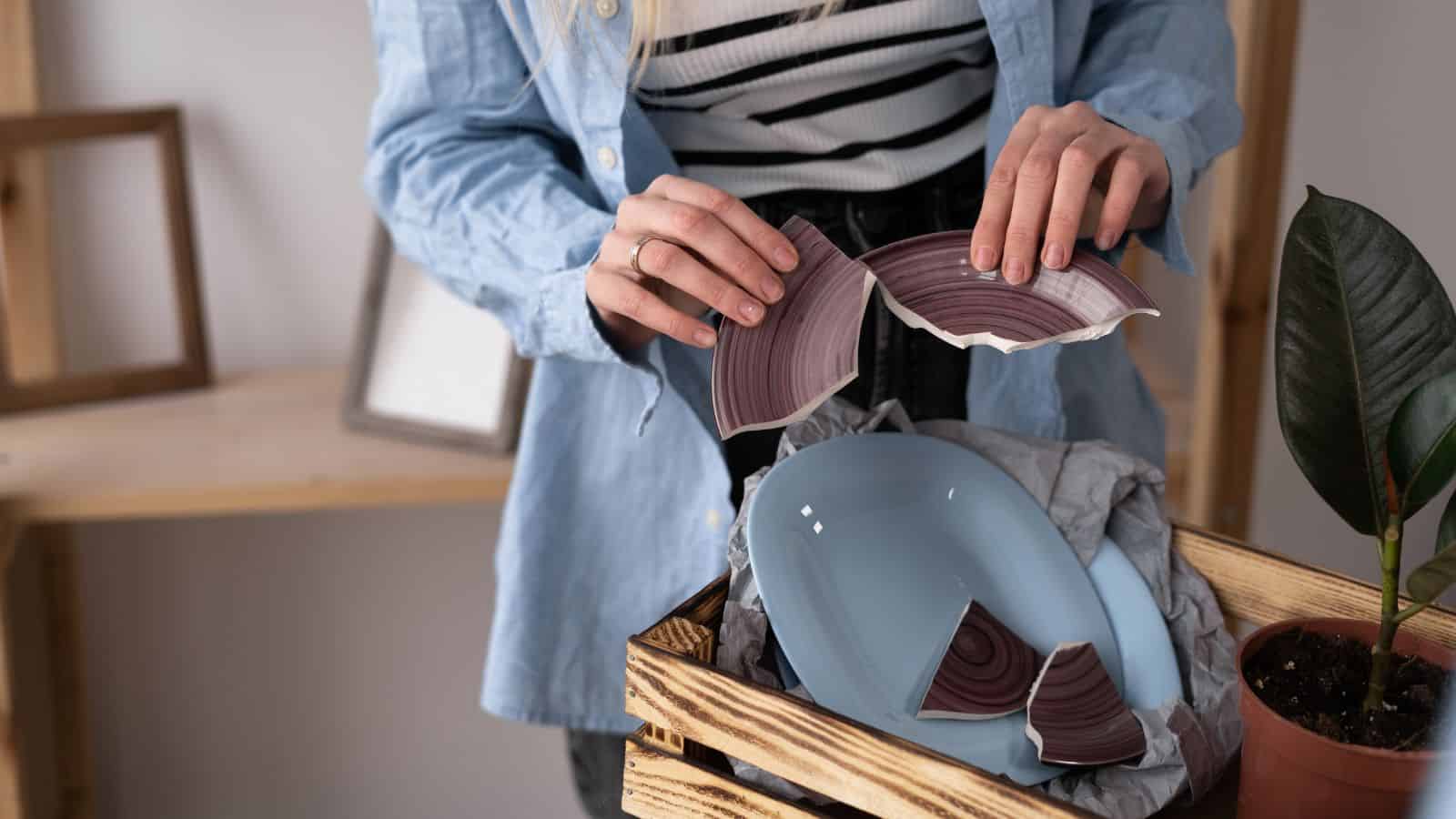
Nobody wants to drink from a chipped coffee mug or eat off a cracked plate and donation centers often reject damaged dishes and glassware because they’re a safety hazard. Plus, most people want items that are in good, usable condition, especially if they’re starting fresh or trying to build a home. Instead of donating broken kitchenware, consider recycling the materials if your local center accepts them.
Magazines and Outdated Reading Material

We all have that stack of magazines sitting in a corner that we’ve been meaning to sort through. While they might seem like a fun donation, most charities and thrift stores don’t have much use for old magazines or outdated reading material. They’re bulky, take up shelf space, and aren’t something most people are looking to buy.
Unless it’s a rare collector’s item, it’s better to recycle those glossy pages and the same goes for old manuals, pamphlets, and outdated books.
Single Shoes or Socks

A single shoe or sock might seem like something someone could use, but realistically, what are the chances they’ll find the matching pair? Donation centers often end up discarding lone items like these because they’re not practical to sell or distribute. Odd socks can be used for cleaning or as padding for delicate items during a move, and shoes can sometimes be recycled at specialty drop-off locations.
VHS Tapes and Cassette Tapes
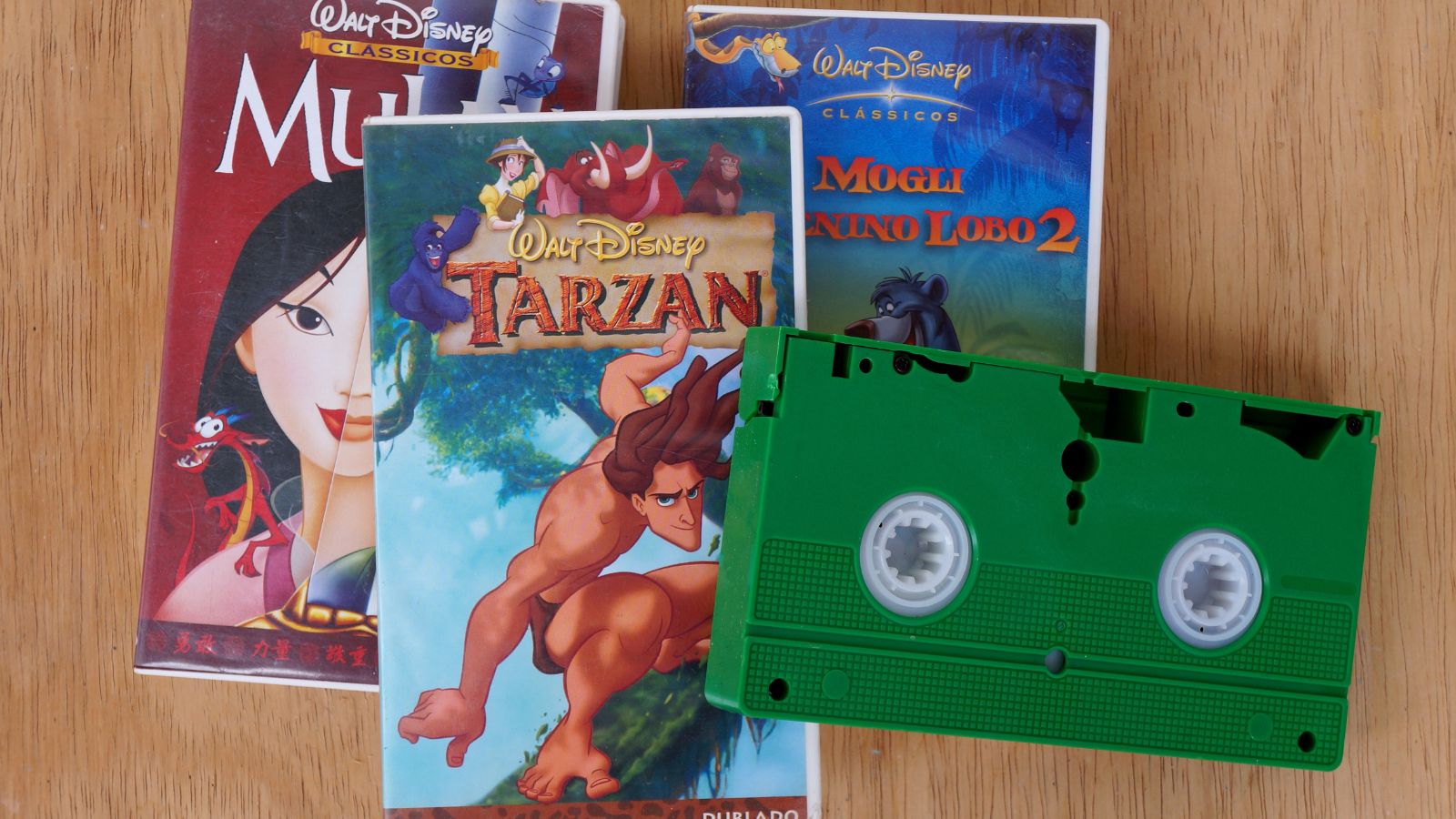
Remember those old VHS tapes and cassettes from back in the day? As nostalgic as they might be, no one wants them now. Most people don’t even have the equipment to play them anymore, and donation centers often struggle to sell or repurpose them. Unless it’s a rare or highly sought-after tape, it’s better to recycle these items.
Worn-Out Towels and Bedding
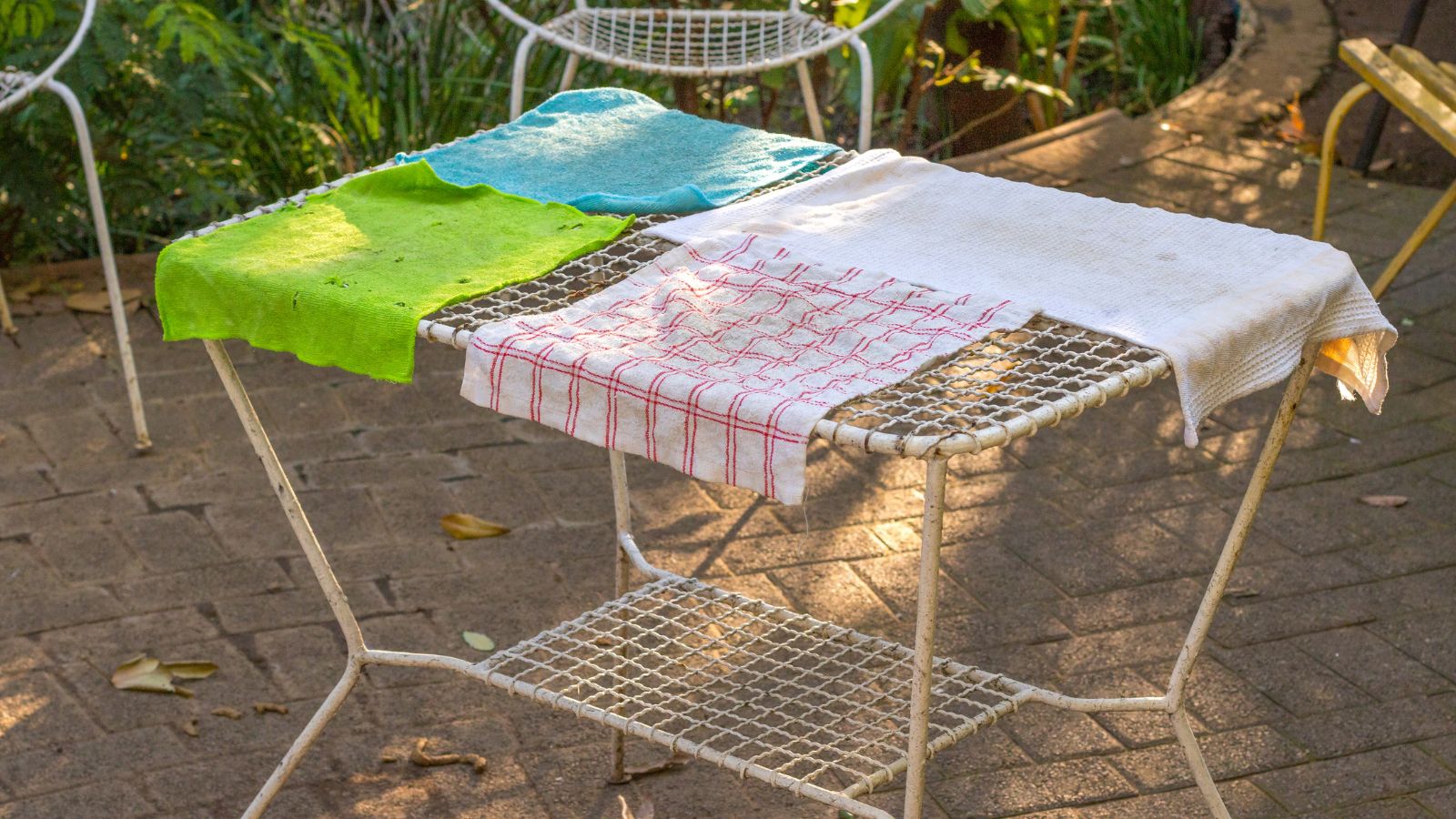
That old, threadbare towel you’ve been meaning to replace? It’s not going to do anyone else much good either. Donation centers appreciate linens in good condition, but towels and bedding that are stained, torn, or overly worn usually end up being discarded.
Instead of donating these items, consider giving them to animal shelters, which often use old towels and blankets for bedding. It’s a great way to give your worn-out linens a second life while helping out furry friends in need.
Prescription Glasses
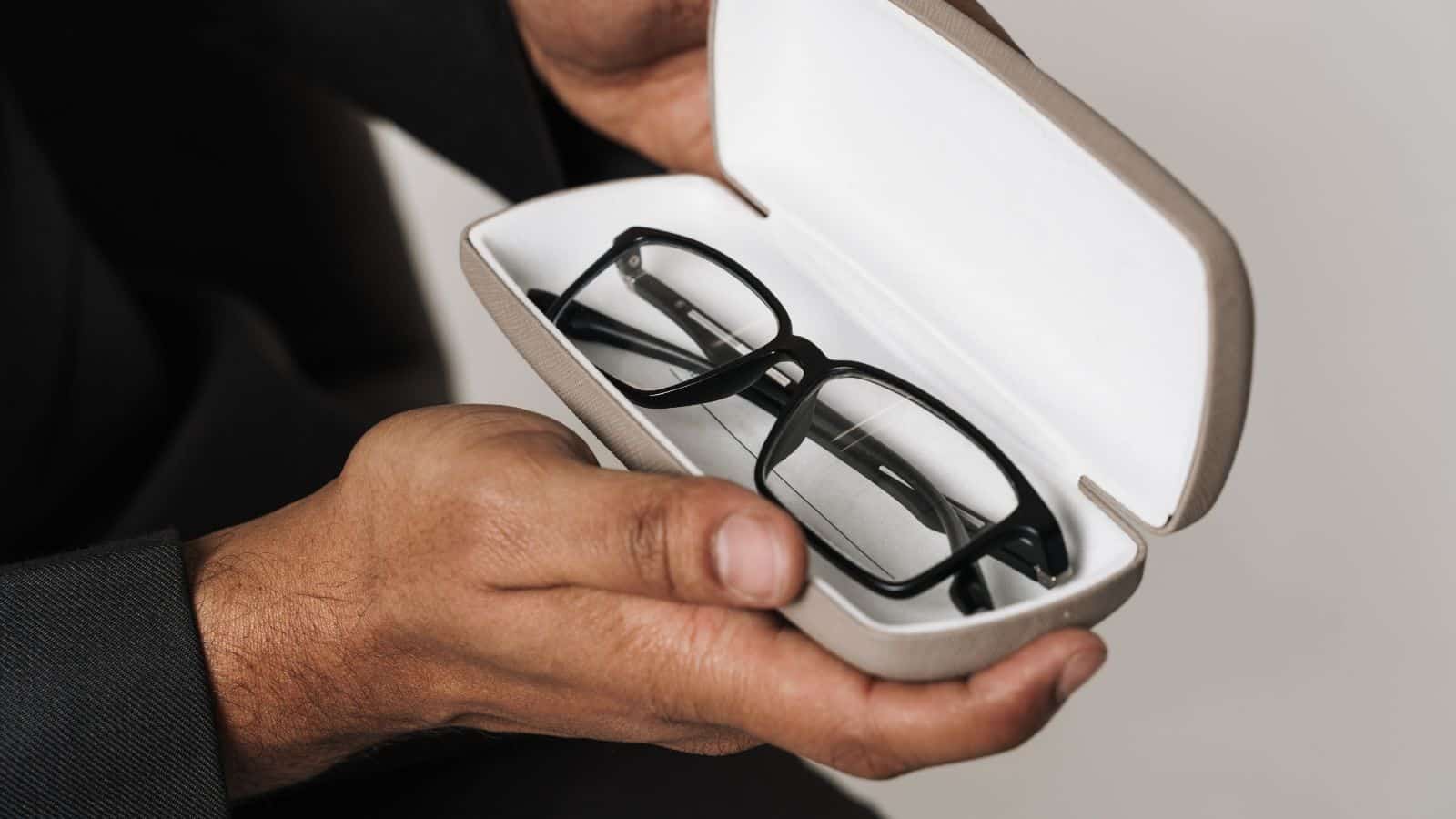
Prescription glasses might seem like a thoughtful donation, but unless they’re brand-new or have a very common prescription, they’re not as helpful as you’d think. Everyone’s vision is unique, and donation centers aren’t equipped to match glasses to specific prescriptions. However, there are specialized programs, like Lions Clubs International, that collect used glasses to refurbish and distribute to those in need.
Outdated Decorations

Those Christmas lights that only half work or the fake flowers that have seen better days probably aren’t the best candidates for donation. Seasonal decorations are fun, but if they’re outdated, broken, or just plain tacky, they’re not going to bring much joy to anyone else. Donation centers often end up with piles of decorations they can’t use or sell, which adds to their workload.
Old Makeup and Skincare Products
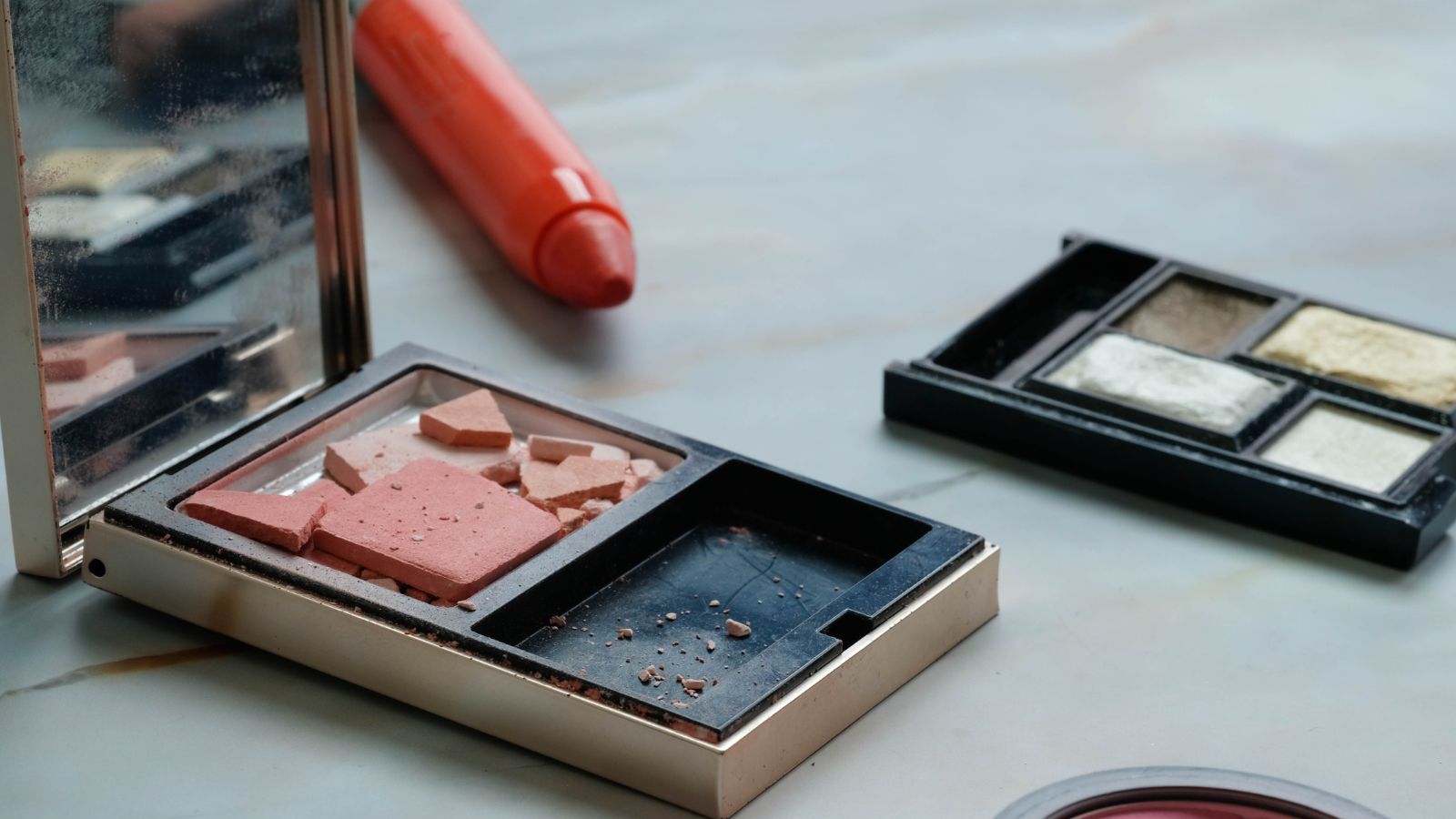
Nobody wants to use your half-empty bottle of foundation or that jar of face cream you’ve had for years. Beauty products have expiration dates, and using old or used items can lead to skin irritation or even infections. Most donation centers won’t accept opened makeup or skincare for hygiene reasons, and tossing these items in a donation box could cause more harm than good.
Worn-Out Shoes
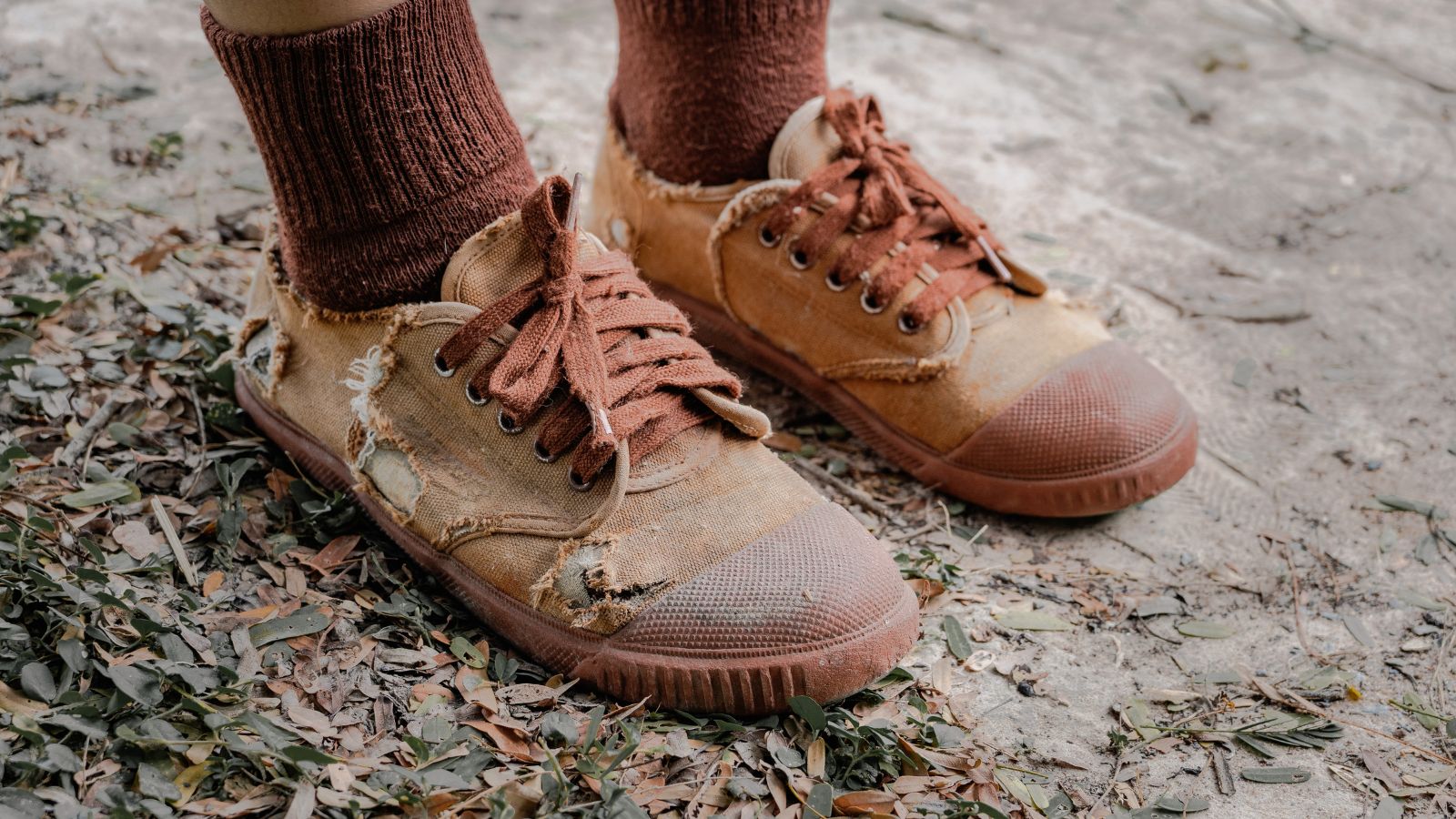
Shoes that have seen better days might feel like a good donation, but if they’re falling apart, they’re not going to help anyone. Broken soles, torn fabric, or excessive wear make shoes unusable, and most donation centers don’t have the resources to repair them.
Personalized Items

Monogrammed towels, engraved photo frames, or anything with your name on them don’t appeal to others. Personalized items are tough to repurpose, and most people don’t want something with someone else’s initials or name on it.
As a way of decluttering, consider repurposing personalized items into DIY projects or keepsakes. Otherwise, it’s best to leave them out of the donation box to save everyone some time and effort.
